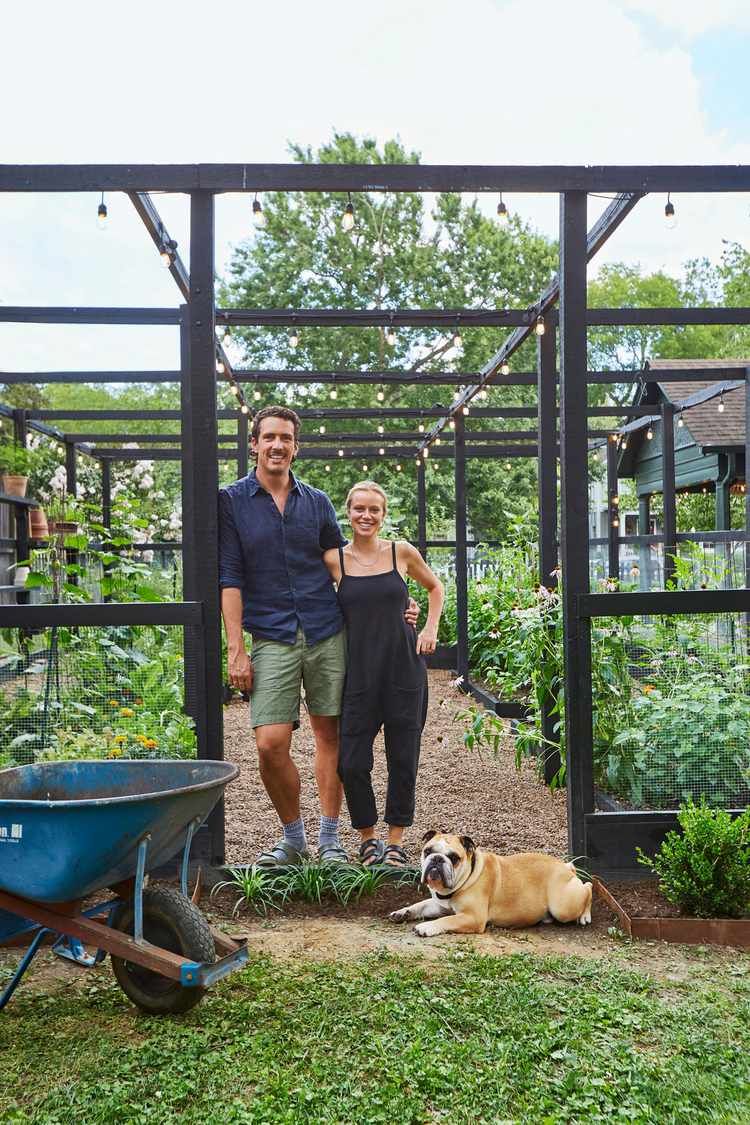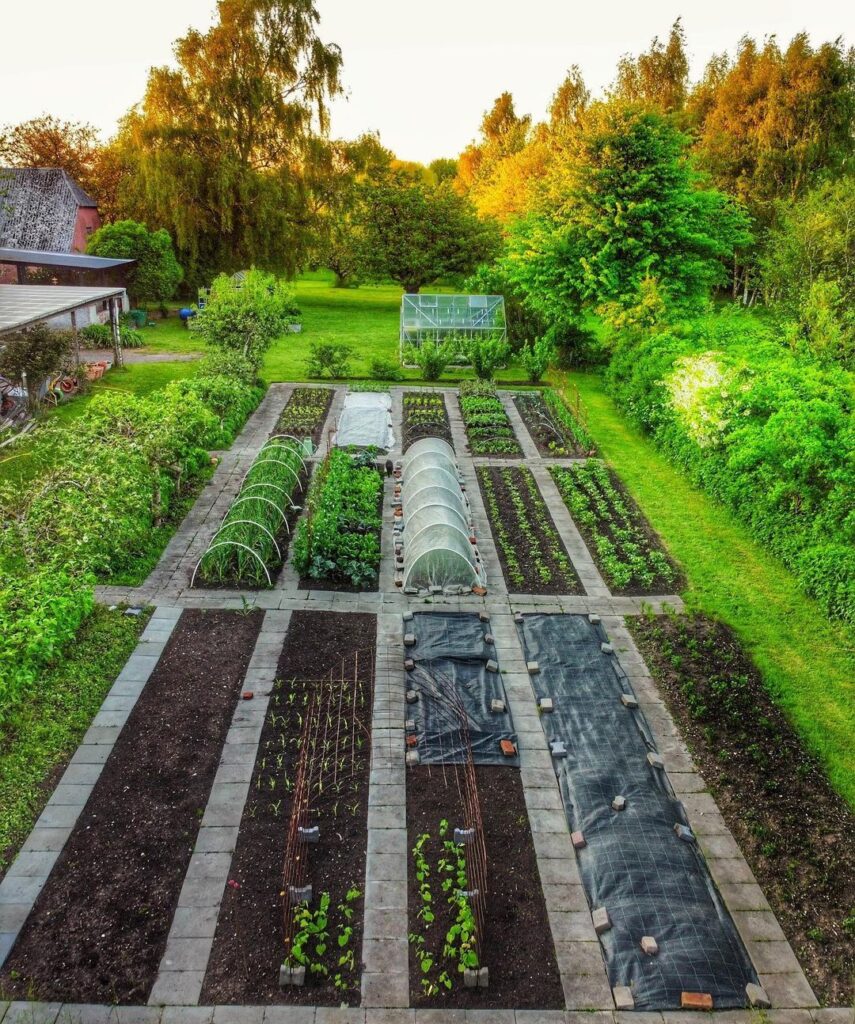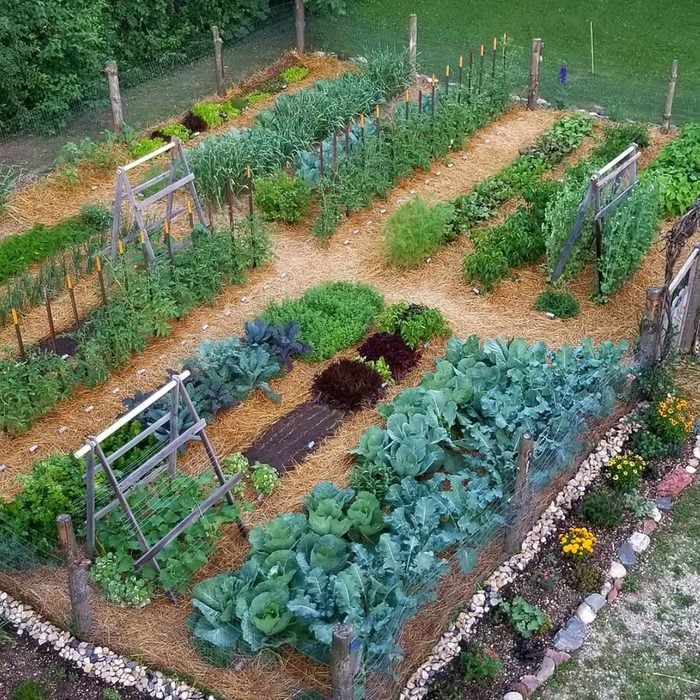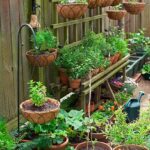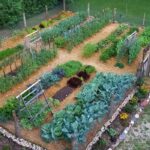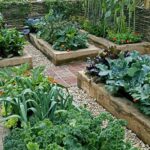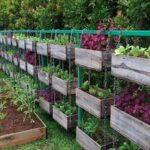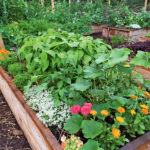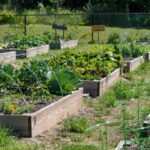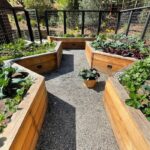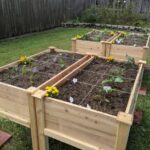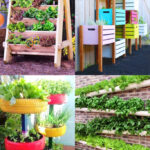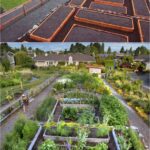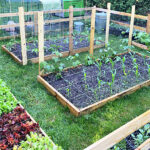Vegetable gardening is a popular hobby for many people who want to grow their own fresh produce at home. There are a variety of creative ideas that can help maximize the space and productivity of a vegetable garden. One idea is to utilize vertical gardening techniques, such as trellises or vertical planters, to save space and allow plants to grow upwards. This can be particularly useful for vining crops like cucumbers, peas, and tomatoes.
Another idea for a vegetable garden is to incorporate companion planting. This is the practice of planting complementary crops next to each other to improve growth and repel pests. For example, planting marigolds near tomatoes can help deter pests that commonly affect tomato plants. Additionally, incorporating herbs like basil or dill can help attract beneficial insects that will help pollinate your plants.
Raised bed gardening is another popular and effective idea for vegetable gardens. Raised beds can help improve soil drainage and prevent erosion, as well as provide better access for planting, weeding, and harvesting. You can build raised beds using wood, stone, or even recycled materials like cinder blocks. Raised beds can be particularly useful for people with limited mobility or chronic back pain.
For those with limited outdoor space, container gardening is a great option for growing vegetables. You can use containers of various sizes and materials, such as plastic pots, ceramic planters, or even repurposed buckets or barrels. Container gardening allows you to easily move your plants around to follow the sun or protect them from harsh weather conditions. Just be sure to choose containers with good drainage to prevent root rot.
Composting is an essential practice for maintaining a healthy vegetable garden. Composting your kitchen scraps, yard waste, and plant trimmings can help improve soil fertility and reduce the need for chemical fertilizers. You can create a simple compost pile in your garden using a bin or tumbler, or even invest in a composting system that can produce nutrient-rich compost quickly.
Finally, consider incorporating permaculture principles into your vegetable garden design. Permaculture is a holistic approach to gardening that seeks to create sustainable, self-sufficient systems that work in harmony with nature. This can include planting perennial vegetables, creating wildlife habitats, and using natural mulches and fertilizers. By implementing permaculture principles, you can create a productive and resilient vegetable garden that requires less maintenance and inputs over time.
 yishifashion Where Outdoor Dreams Become Reality
yishifashion Where Outdoor Dreams Become Reality
